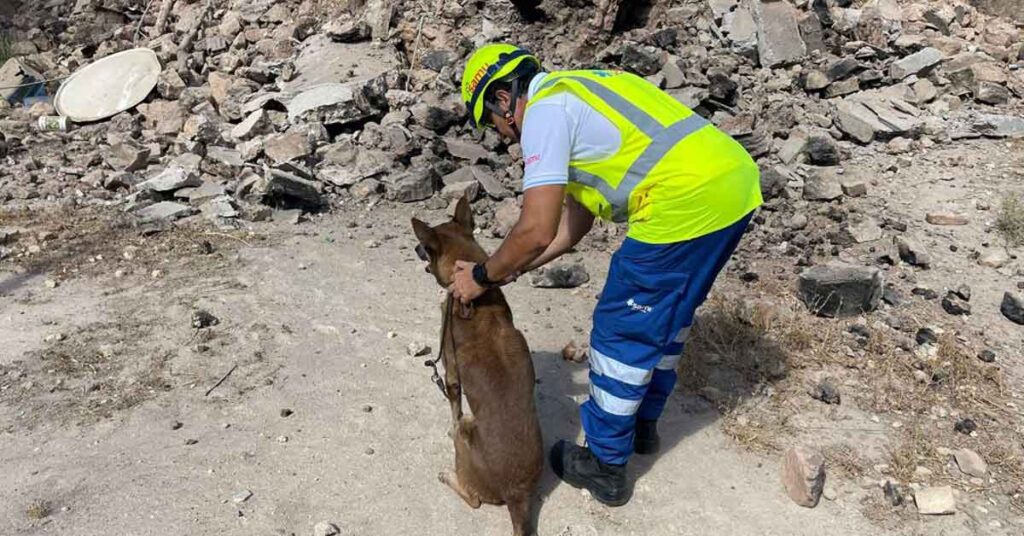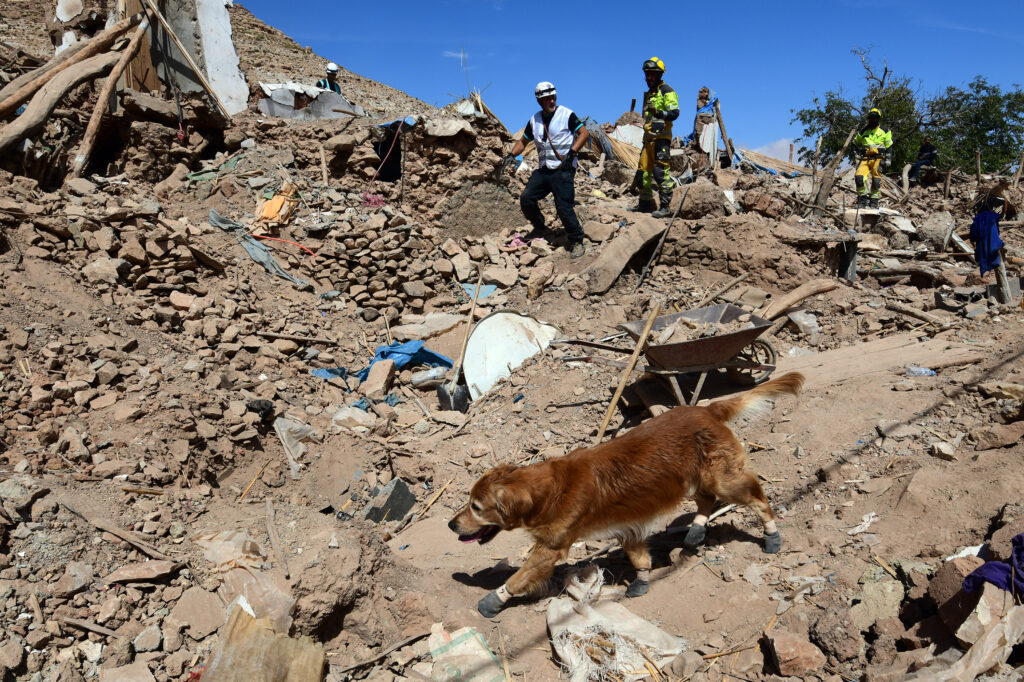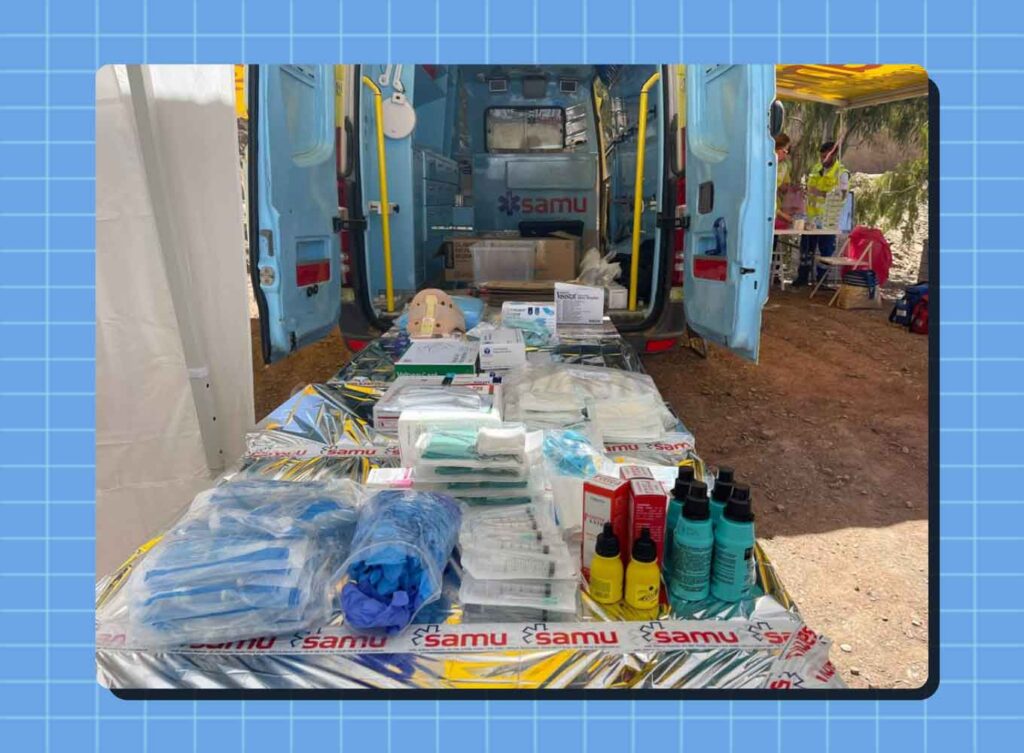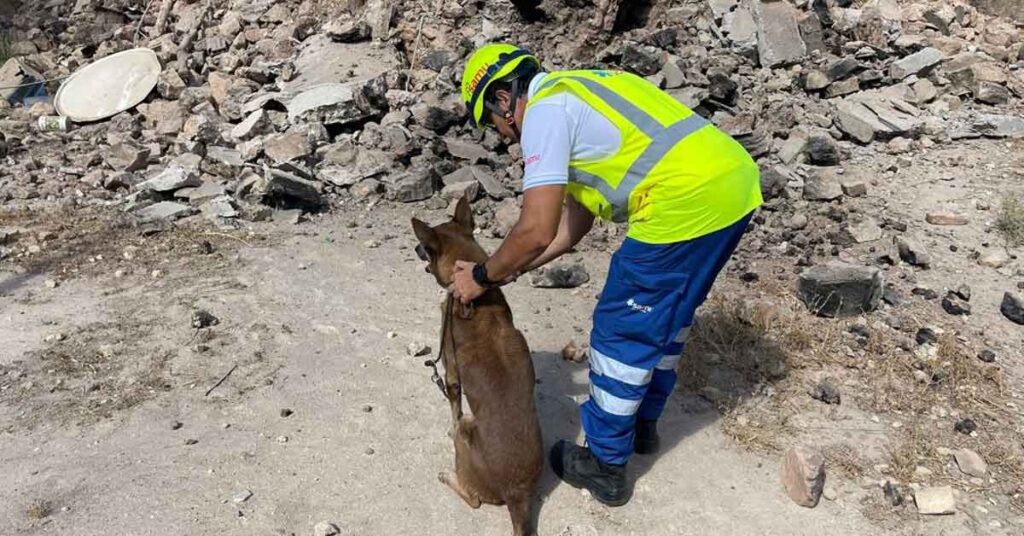
Last week, the tremors of a formidable 6.8-magnitude earthquake rumbled through Morocco, leaving a trail of devastation in its wake. The epicenter near Adassil, merely 50 miles south of the vibrant city of Marrakech, became a focal point of tragedy.
In the aftermath, the toll echoed grimly: over 2,600 lives lost, with more than 2,500 souls wounded. The ancient walls and structures that once defined the charm of Marrakech now lay in ruins, unable to withstand the seismic force. The historic neighborhoods crumbled, a testament to the vulnerability of stone and masonry when nature unleashes its fury.
Amidst the debris, the heartrending reality unfolded—a multitude left bereft of the essentials: shelter, sustenance, water, and healthcare. The United Nations, estimating the plight of approximately 300,000 affected individuals, painted a stark picture of the scale of the disaster.
However, amidst despair, emerged the beacon of hope. Humanitarian groups swiftly rallied, racing against time to extend a lifeline to those reeling from the catastrophe. The magnitude of this earthquake, unrivaled in Morocco’s recent memory, spurred these organizations into action.
One such group, SAMU, a stalwart emergency response unit based in Spain, exemplified this urgency. Braving the night, they traversed miles to mobilize a team of 19 dedicated individuals and two valiant search and rescue canines, all bound for Morocco’s aid. Their swift arrival, a testament to human resilience and solidarity, signaled a ray of hope in the darkest of hours.

Upon their arrival, the team immediately began searching for survivors of the quake and providing medical care to communities closest to the earthquake’s epicenter. They are primarily working in remote villages that have been heavily damaged by the quake.
Search dogs — like SAMU’s Homero and Birka — have been flown in from around the globe (especially the UK and Spain) to help find survivors who are stuck or buried in the rubble.
“The search dogs can smell and locate people that are buried and alive,” SAMU co-founder Borja González de Escalada told Good Good Good in an email.
Along with their working dogs, Borja González de Escalada and SAMU’s other co-founder, Carlos González de Escalada, are leading the team in Morocco.
Their convoy includes two ambulances, as well as a surgical rescue unit, three all-terrain vehicles, five doctors, two nurses, eight health emergency technicians, and four rescue specialists.
As of Tuesday, September 12, SAMU’s team has rescued 19 people, but they will soon dismiss their dogs, since construction and rubble have made it difficult to find other survivors.
Their other focus continues to be providing urgent medical care in the area.
“SAMU is providing medical care to affected communities. The situation is changing rapidly, and we are pre-positioning resources to respond to immediate health needs, including medical care, primary care, and mental health and psychosocial support,” Borja González de Escalada said.

In the midst of their relief efforts, SAMU’s team encounters a poignant reality: although their patient count isn’t overwhelming, the cases they attend to are critical, often involving individuals in dire need of oxygen or injured children.
“We’re attending to fewer cases, but each one demands our utmost attention,” Borja González de Escalada conveyed in a communication with Project HOPE. “That’s why our fleet includes two ambulances, swiftly transporting patients to the main hospitals in Marrakech, several hours away. Our station operates round the clock. If patients cannot be moved and we can reach them, we make the journey.”
In tandem with Project HOPE, SAMU orchestrates their response, reminiscent of their collaborative efforts during earlier earthquakes in Turkey and Syria this year. Borja González de Escalada articulated the stark needs of the affected populace, emphasizing their resilience amid adversity, resiliently weathering the storm of calamity.
Even as global contributions pour in to support relief initiatives and individuals seek ways to aid those in Morocco, both SAMU and Project HOPE persist in their valiant endeavors, meticulously assessing and responding to the evolving scenario.
“At present, there’s a pressing need for blood donations, alongside increased mental health and psychosocial support to assist people in navigating the trauma and grief of this disaster,” Borja González de Escalada highlighted. “Additionally, the demand for clean water, sustenance, and shelter remains as communities strive to rebuild. Simply put, organizations and humanitarians require sustained funding to continue their work.”
Amidst the chaos, the tireless efforts of these organizations offer a beacon of hope. For Borja González de Escalada and the SAMU team, inspiration springs from the solidarity of their peers and the legacy of compassion established by stalwart individuals and organizations devoted to humanitarian aid.
“The SAMU team draws strength and inspiration from the unwavering commitment of others who have dedicated themselves to providing medical aid and similar relief efforts for years,” Borja González de Escalada affirmed, echoing the enduring spirit that sustains these valiant humanitarian endeavors.
